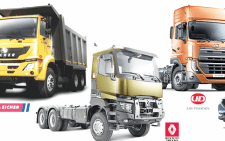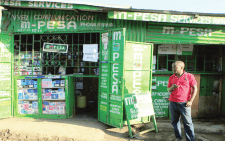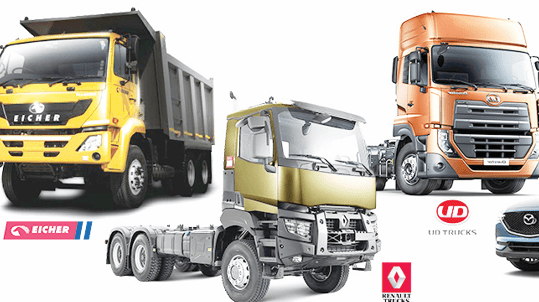Battery cage system is harmful to poultry-lobby
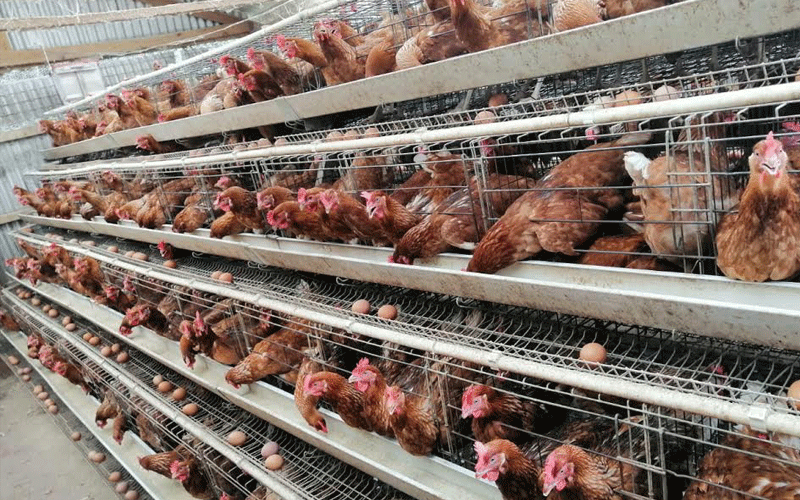
Milliam Murigi @millymur1
Poultry farming in Kenya has continued to revolutionise as the sector incorporates modern ways of husbandry and management particularly the utilisation of battery cage systems.
However, animal welfare lobby groups maintain that cages are a ‘punishment’ to the birds and compromise their physical and physiological health.
Battery Cages System is a practice where poultry, especially egg-laying chicken, are reared in identical rows and columns of cages connected for easy feeding and collection of eggs.
It allows laid eggs to roll out of the cage to a receiving gutter. Food receptacles are placed outside the cage and water is supplied with pipes bearing drinking nipples.
Dr Dennis Bahati, the animal care program manager at Africa Network for Animal Welfare (ANAW), says confinement of these birds in spaces less than an A4 sheet of paper results in stereotypic or abnormal behaviour.
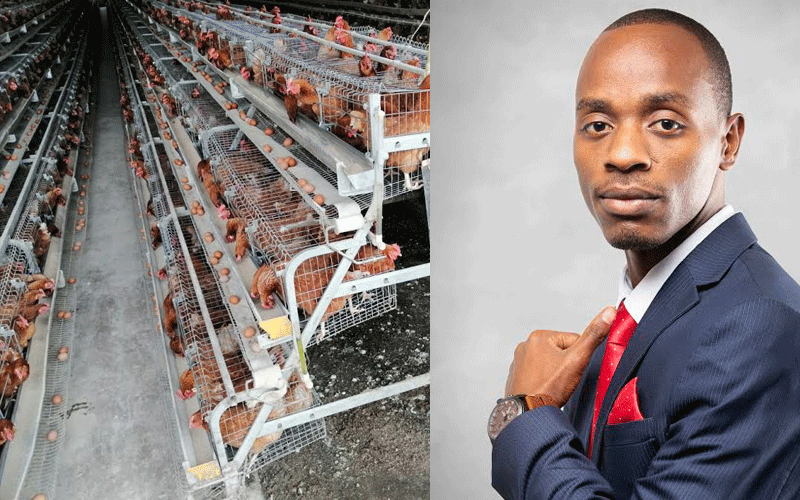
Natural animal behaviour, such as nesting, stretching as well as wing ruffling and flapping are completely restricted.
Demerits of caging
Such birds are in a constant state of frustration and distress. Ethology studies, focusing on animal behaviour, have revealed that such restrictions pose a detrimental effect to not only their welfare, but also productivity as whole.
“Due to high demand for calcium to develop eggs combined with the lack of exercise, birds confined in cages are predisposed to a condition referred to as ‘cage layer osteoporosis’,” says Dr Dennis.
This condition is characterised by weakening of bones, with subsequent breakages and fractures.
Beak-trimming, a common procedure that confined birds usually undergo, causes acute and possible long-term chronic pain.
According to him, the system, also known as indoor cages, need to be replaced with cage-free poultry farming as lack of adequate space can have negative consequences on the health, behaviour, and physiology of the poultry.
Free -range recommended
Though land or free space is becoming a limiting factor for farmers, in view of cost-benefit analysis, Dr Dennis says this is not true because the initial investment cost of incorporating such a system is quite high and is mostly embraced by the elite.
“Farmers can reap benefits from adopting more welfare considerate systems, such as free-range in less developed settlements where land rates are favorable and feasible.”
A recent report shows that poultry farming in Kenya has been on the rise for the last 15 years.
The venture is moving from traditionally small family farms to a large agricultural industry.
The growth is intended to keep up with the increase in demand of poultry products, thus many wanting to now produce as much as possible with as little cost as possible.
Dr Dennis reveals that an analysis of the legislative framework governing the incorporation and utilisation of the Battery Cage System in Kenya as a means of poultry production is unclear.
The law does not expressly legalise nor ban the practice. Their use, therefore, is neither legal nor illegal.
“The scarcity of laws and inadequacy of the current ones provide a major gap that results in no scrutinisation and regulation whatsoever.
As it stands, poultry farmers in the country are at liberty to exercise any production means they deem fit to further boost their produce.
This clearly alludes that the cage system is bound to grow exponentially in the future with very minimal supervision,” he explains.
“A foreseable ban similar to the European Union Council Directive 1999/74/EC that was passed by the European Union on minimum standards for keeping egg laying, is at the moment a transient and overambitious goal for Kenya if no action is taken,” he adds.
Enhance quality of life
According to him, the poultry industry is in dire need of policy and legislative reforms with a focus to completely phase out the use of battery cages.
Practices need to be incorporated that take cognisance of bird welfare concerns in an effort to reduce pain and suffering and enhance their quality of life. He notes that strategies for change should encompass the whole production process, from breeding all the way to slaughter.
There is need for raising standards on protection and welfare of poultry animals and sanitise the trading system.
On production management systems, he says that adoption of free-range systems that incorporate five freedoms of animal welfare including freedom from hunger and thirst, from discomfort, from pain, injury, and disease, to express normal and natural behavior, and from fear and distress, should be adopted.
“Awareness and sensitisation on poultry sentience and subjectivity is crucial.
Farmers need to appreciate the fact that their animals have an individual perspective on their surrounding environment that can cause both positive and negative feelings,” he concludes.




